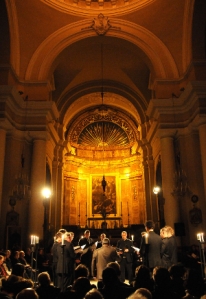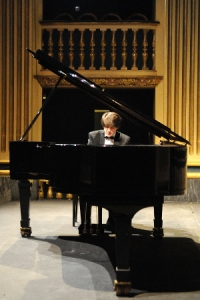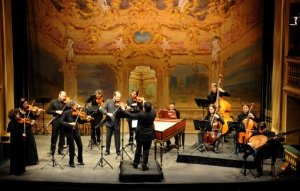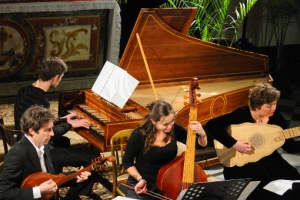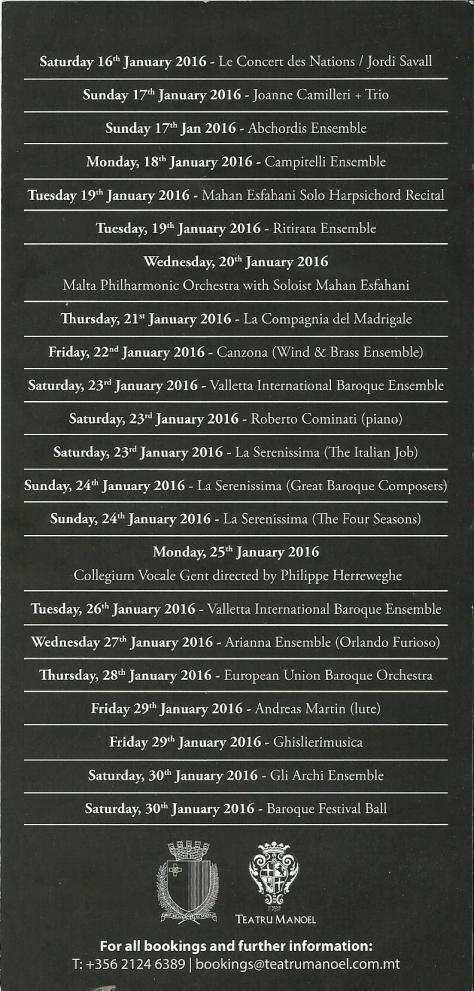About a year ago, I was in the midst of a flurry of PhD applications and interviews. Juggling my Masters course with work for a project I might not even get to do certainly wasn’t easy, but it paid off: I was lucky enough to receive full funding from the London Arts and Humanities Partnership, enabling me to take up my place at King’s College London.
That all seems a long time ago. I’m now over four months into my PhD, and have fully adjusted to London life – in any case, as adjusted as one can possibly be to this bustling city. Is the PhD what I expected? It’s hard to say: coming into the degree, I was absorbed completely by the thought of my project, and hadn’t given a great deal of thought to what life as a PhD student would entail.
I had given much thought to my research, but not to the degree – although my efforts will be focused on the project which will eventually turn into a thesis and (touch wood) earn me the title of Doctor of Philosophy, there is so much more to the PhD. It is a training course, and as such, PhD students are expected to spend a certain amount of time each year developing skills, both for the degree and for whatever may be ahead. As well as analysing your area of study, you will also be expected to analyse yourself. My personal development activities have included French classes and sessions on effective presentations and speed-reading. While these elements might sometimes feel like distractions, all are (or will be) valuable, whether in my day-to-day research or further ahead.
I’ve been challenged in ways I didn’t expect. One of the things I’ve found most difficult is being able to switch off: immersing yourself in your project means that it’s hard to take a step back. My commute to and from the library has been useful in this respect, helping me to compartmentalise the ‘work’ and ‘relaxation’ parts of my life. Another challenge has been that of academic self-confidence. The primarily solitary nature of the degree means that it is common to worry if your work is the right standard, or if you’re doing enough.
The PhD certainly isn’t for everyone. It demands so much more than a passion for your subject, and many of the personal accounts which I read before embarking on my own were more than slightly scary. My experience so far suggests that self-confidence and determination are essential, as are time to relax and to pursue other hobbies.
However, the experience of a PhD is like nothing else. It can be liberating to have three years to delve into a topic tailored to your interests, making new connections and discoveries, and getting a glimpse of life as an academic. Each day I arrive at the British Library, I’m greeted with a stack of books and journals which I know will fascinate and stimulate me. I’m finding it satisfying to build up such a comprehensive knowledge of my particular area, while at the same time I am excited at the prospect of how much more there is to explore. But then, there’s always tomorrow.
